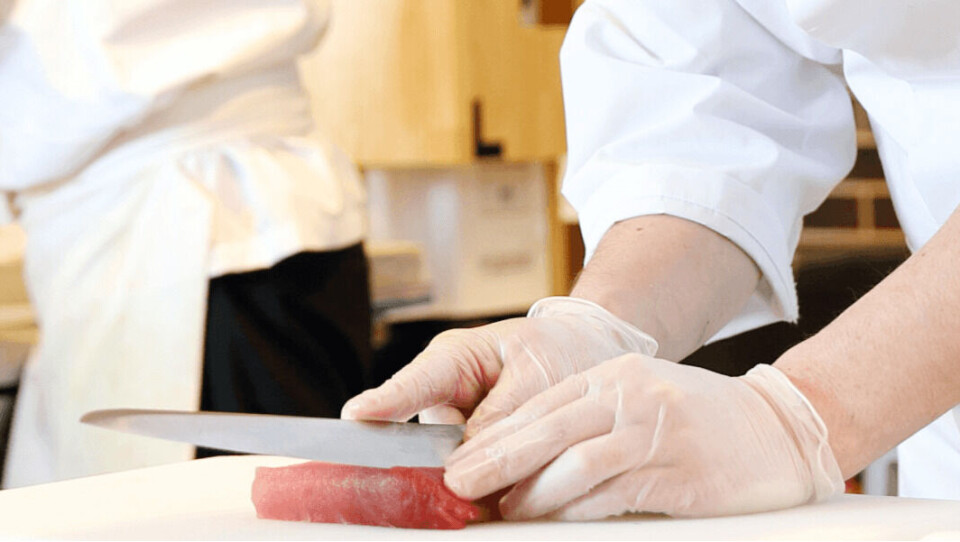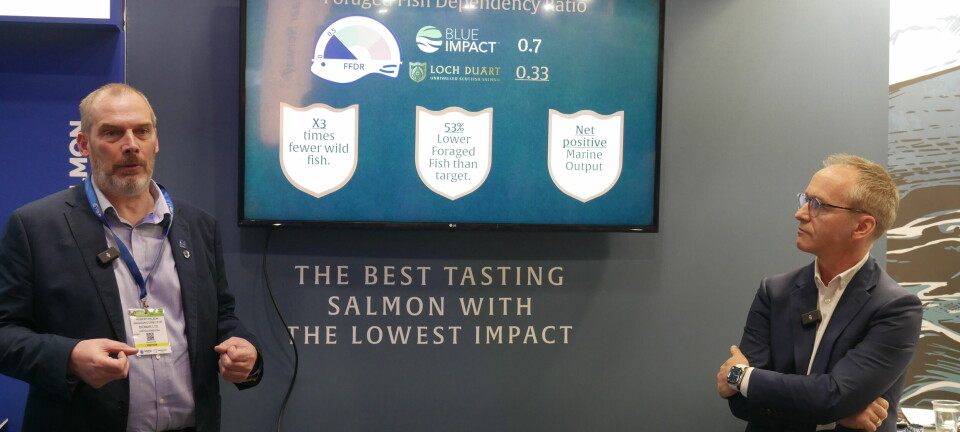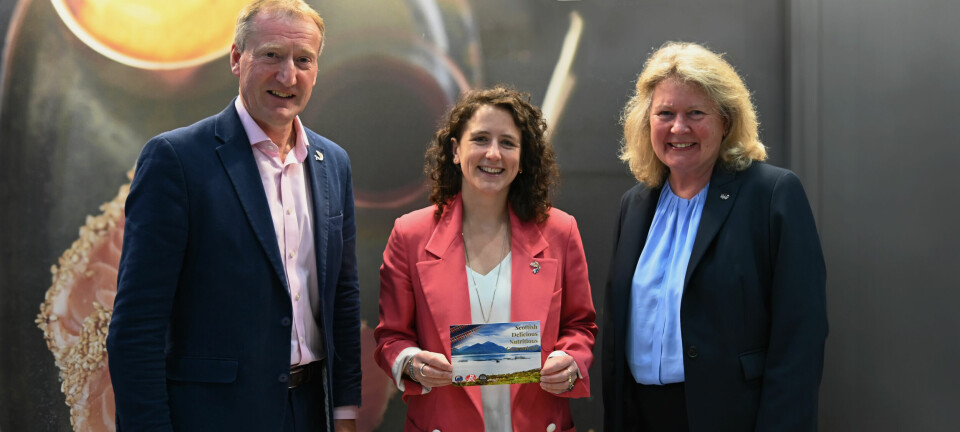
BlueNalu signs deal with sushi chain operator
US cell-cultured fish company BlueNalu has announced a collaboration with multinational sushi restaurant operator, Food & Life Companies Ltd (F&LC), which runs more than 1,000 restaurants across Japan, Korea, Taiwan, Hong Kong, Singapore, Thailand and Mainland China.
The companies plan to collaborate on product development and marketing as well as support of a regulatory framework to accelerate BlueNalu’s commercialisation in Japan.
BlueNalu and F&LC will focus on a cell-cultured version of the belly portion of bluefin tuna, called toro, as an initial commercial product. Bluefin tuna is a prized species in Japan, where an estimated 80% of the global supply is consumed, and commands premium pricing.
Cell-cultured meat or fish flesh is grown in a bioreactor using cells from the animal that would normally be grown to produce that flesh.

No contaminants
“Cell-cultured seafood is a supply-chain solution that will have the taste, texture and nutrition that consumers expect, and will not be susceptible to environmental contaminants like mercury and microplastics,” said Lou Cooperhouse, chief executive of San Diego-based BlueNalu.
“By centring our initial efforts on the high-quality toro portion of bluefin tuna, we aim to demonstrate culinary excellence with the most prized portion of the most sought-after fish in the most iconic marketplace for seafood.”
A stable supply
F&LC chief executive Koichi Mizutome said the uncertainty of natural marine resources in the future meant it was important to secure a stable supply of seafood in a more sustainable manner.
“Therefore, we are eager to incorporate BlueNalu’s cell-cultured seafood as we believe it is one of the most promising methods to help solve these issues,” said Mizutome. “We look forward to the progress of this collaboration, and to the future when BlueNalu products can be used as sustainable, delicious, healthy, and reliable seafood on our menus.”
Approval ‘not required’
So far, Singapore is the only country that has approved the sale of cell-cultured meat, but according to a report on Livekindly website, such approval isn’t needed in Japan.
Japan’s Ministry of Health, Labour, and Welfare has regulatory barriers for marketing anything considered a “novel food”. This excludes cellular agriculture as long as it’s made according to existing regulations.
Yuki Hanyu, founder of the Shojinmeat Project, told Livekindly: “Currently in Japan, cell-based meat does not require approval, as no ‘novelty’ is assumed.”
BlueNalu already has collaborations with Pulmuone Co. Ltd. in South Korea, Sumitomo Corporation and Mitsubishi Corporation – owner of salmon farmer Cermaq - in Japan, Thai Union in Thailand and Nomad Foods in Europe.




















































